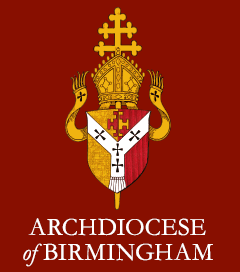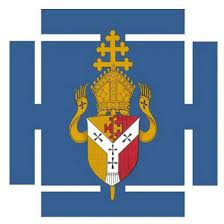Physics
|
Physics |
|
|
Edexcel |
|
|
Year 12 |
Year 13 |
|
Physicists explore the fundamental nature of almost everything we know of. They probe the furthest reaches of the earth to study the smallest pieces of matter. In year 12 student’s study:
An experimental approach is present throughout the course with students learning key skills relating to measurement and the processing of data.
Practical work includes work on resistance, interference, measurement of acceleration, magnetic fields and the safe use of ionising radiation.
|
Year 13 builds upon the concepts from year 12, with ideas being developed and applied in new contexts. Additional topics are studied covering:
A level grades will be based only on marks from written exams. These will test student understanding of Physics concepts as well as experimental methods.
A separate endorsement of practical skills will be taken alongside the A level. This will be assessed by teachers and will be based on direct observation of students’ competency in a range of skills. |
|
Links Well With: Maths, Further Maths, Chemistry and Biology. |
|
|
Progression Routes: Studying physics builds a large skill base, particularly in relation to experimental work and problem solving. Physicists are highly employable. Common degree courses for Physics students:
Careers include: Research Scientist, Geophysicist, Astronomer, Engineer, Teacher, Data analyst, Acoustic engineer, and Technical author. |
|
|
Entry Requirements: GCSE Grade 6 in both Combined Sciences or Grade 6 in GCSE Physics. GCSE Grade 5 English and Grade 6 Maths are also required. The study of A Level Maths is recommended. |
|





